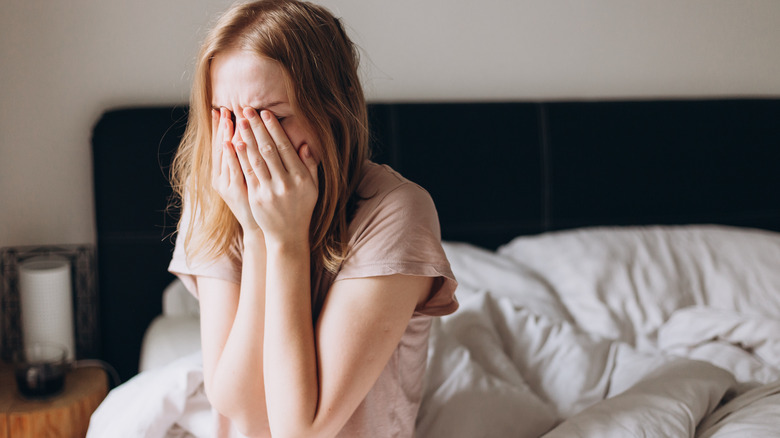Everyone feels lonely sometimes. It’s perfectly normal. But if you’re feeling lonely more often than not, it could be affecting your sleep. According to Mindbodygreen, due to evolutionary reasons, feeling lonely adds stress to our lives because it makes us feel on guard and without protection. These feelings of stress and anxiousness can trigger our fight-or-flight response, which makes it harder to fall asleep and stay asleep.
Loneliness can also cause us to feel stressed and anxious. These emotions can trigger our fight-or-flight response, which makes it harder to fall asleep and stay asleep. If you’re feeling lonely, there are a few things you can do to help improve your sleep. First, try to establish a regular sleep schedule. Go to bed and wake up at the same time each day, even on weekends. This will help regulate your body’s natural sleep rhythm. Second, create a relaxing bedtime routine. This could include taking a warm bath or reading a book before bed. Doing something calming will help you wind down and prepare for sleep.
You can also try reaching out to friends and family if you’re feeling overly lonely. Connecting with others can help reduce feelings of loneliness and improve your overall well-being. If you’re struggling with loneliness and it’s affecting your sleep, talk to your doctor or a mental health professional. They can help you develop strategies to cope with your feelings and improve your sleep.
The importance of good sleep

If you are struggling with sleep for any reason, it is important that you figure out the root of the problem and how to start getting good sleep again. It is hard to underestimate the importance of a good night’s sleep. Sleep is when our bodies rest and heal from the day’s activities. It helps us to consolidate our memories and process information (via Sleep Foundation). A lack of sleep can lead to a number of health problems, including obesity, heart disease, stroke, and diabetes. It can also impair our cognitive function and increase our risk of accidents.
When trying to establish a healthy sleep regime, it is important to stick to a regular sleep schedule and create a relaxing bedtime routine. Make sure your bed is comfortable and your room has good curtains to prevent too much light from getting inside. Stay off your phone and other electronics for at least 30 minutes before going to sleep. Listening to light music or practicing meditation can also help (via Sleep Foundation). If you have a hard time sleeping no matter how hard you try, you may have an underlying medical condition that is causing your sleep issues. A visit to your doctor can help you find the root of the problem and get back to better sleep soon.




